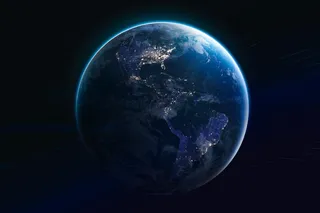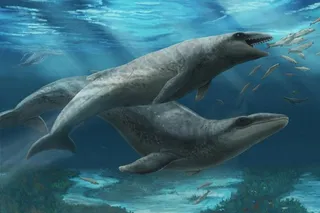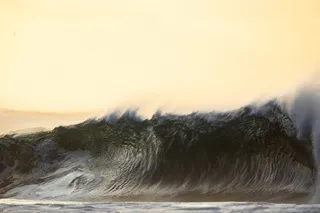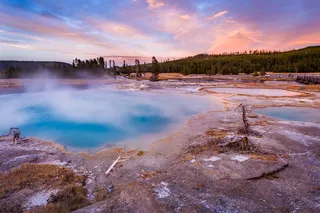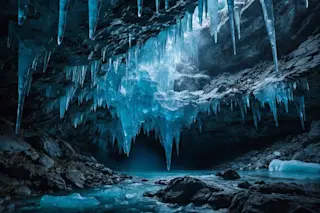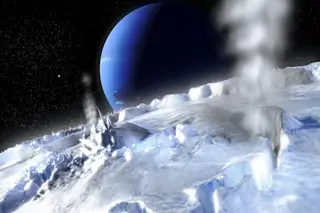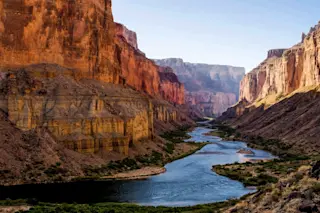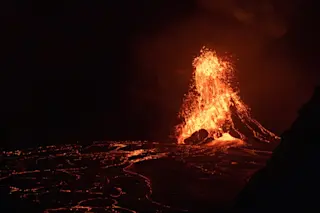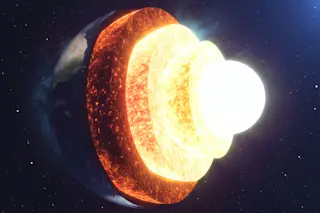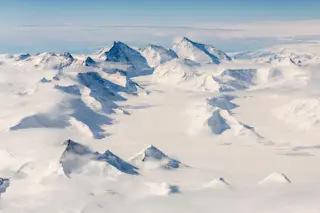Over the years, I think I've written more articles on the research produced by the United States Geological Survey (USGS) than any other agency. I've been in the field with many USGS scientists, whose work has taken me deep into the Florida Everglades and across the windswept prairies of North Dakota, among other places. (See, for example, here and here.) USGS scientists have spent countless hours on the phone with me, patiently explaining complex aspects of their research. (See, for example, here and here.) To me, they are part of an under-appreciated federal agency that often produces groundbreaking science of immense use to the public. So it irks me to see Anthony Watts blatantly mischaracterize their mission. Watts doesn't like this particular USGS study because it has a climate change angle. He tells USGS, "Read your mission statement when you applied to Congress for funding," referring to this testimony:
The ...


